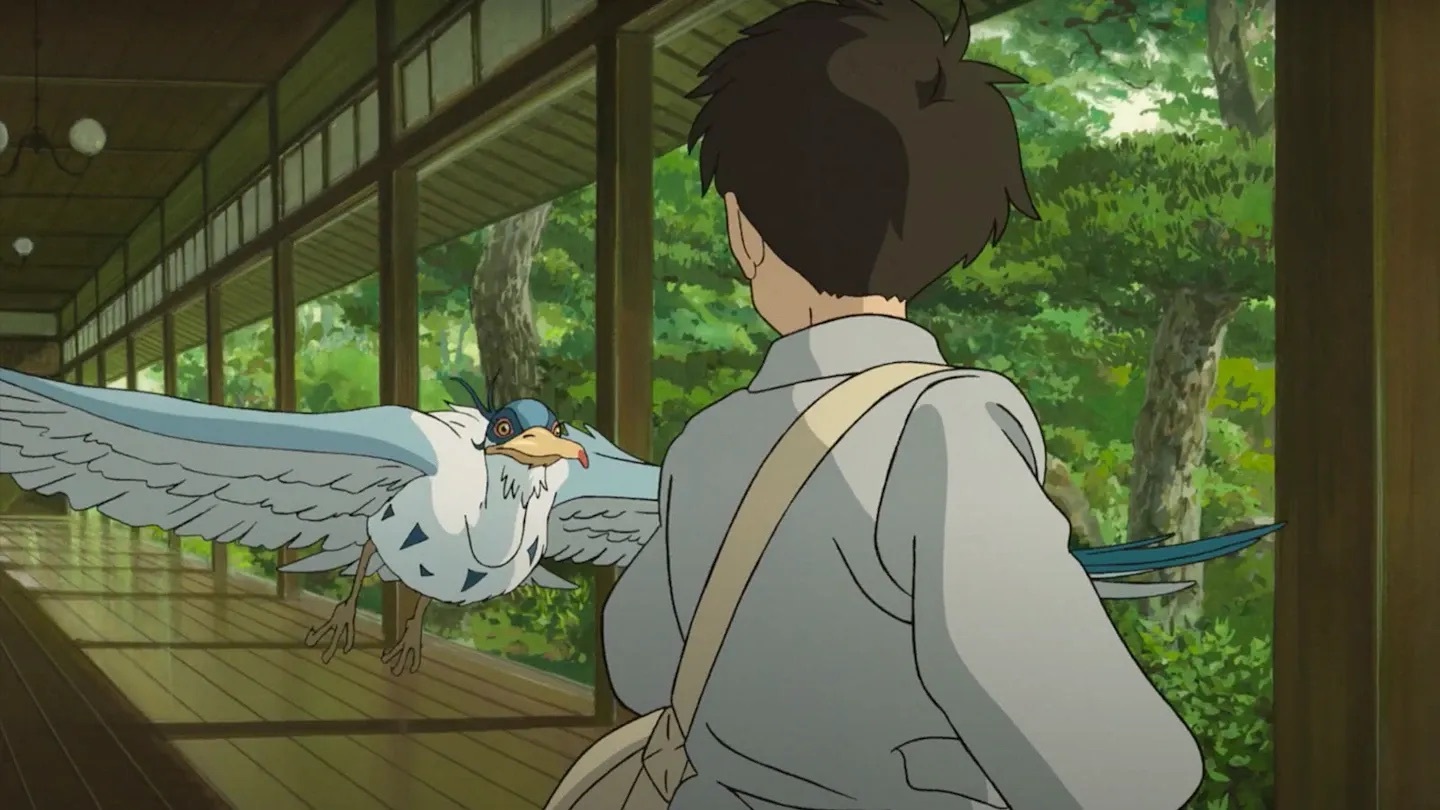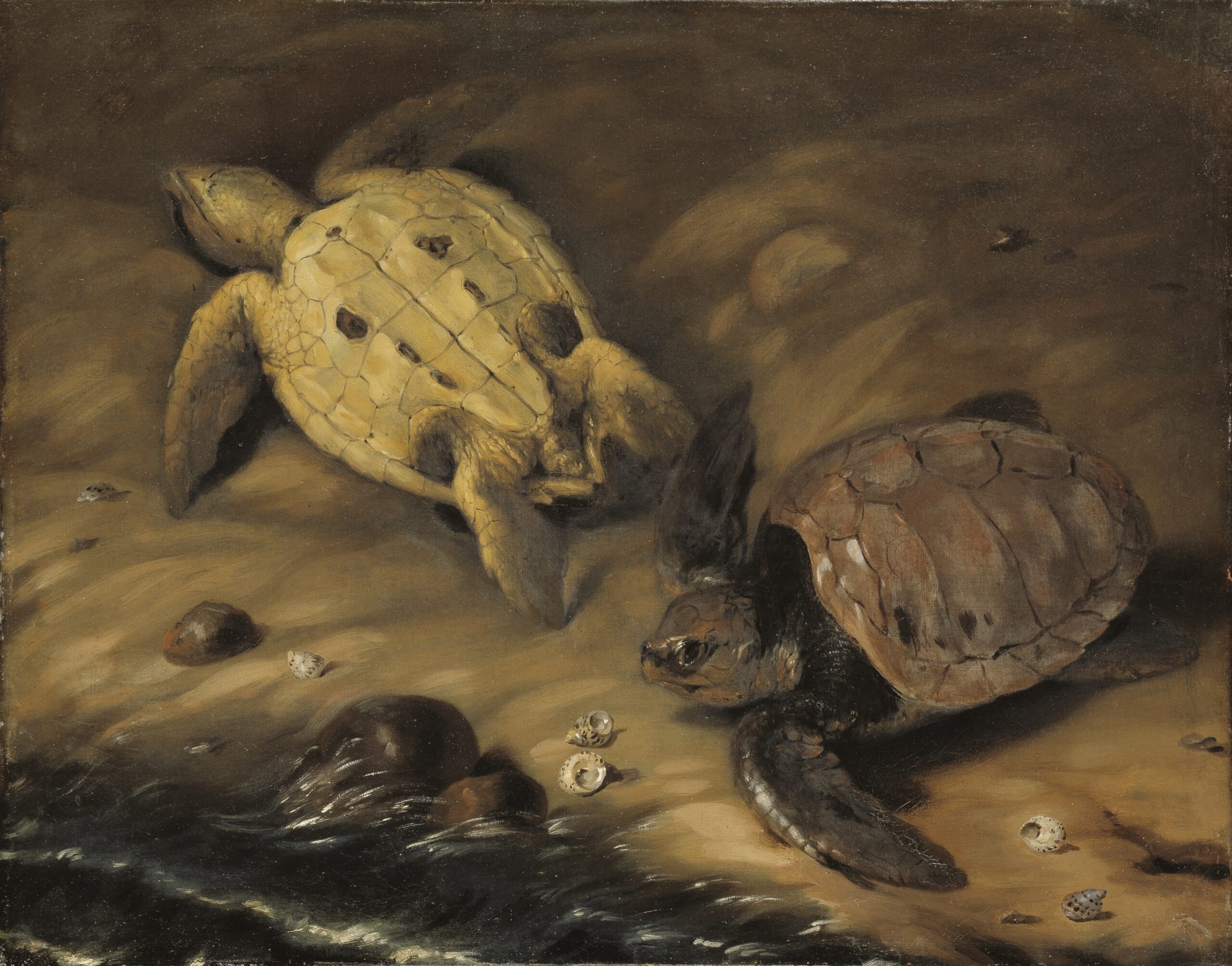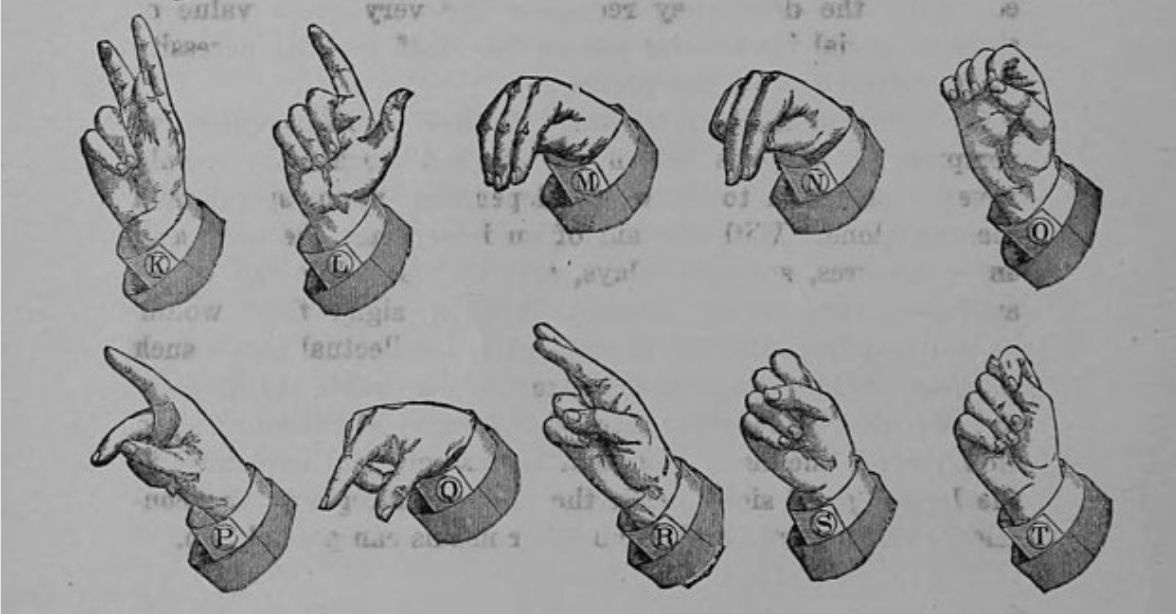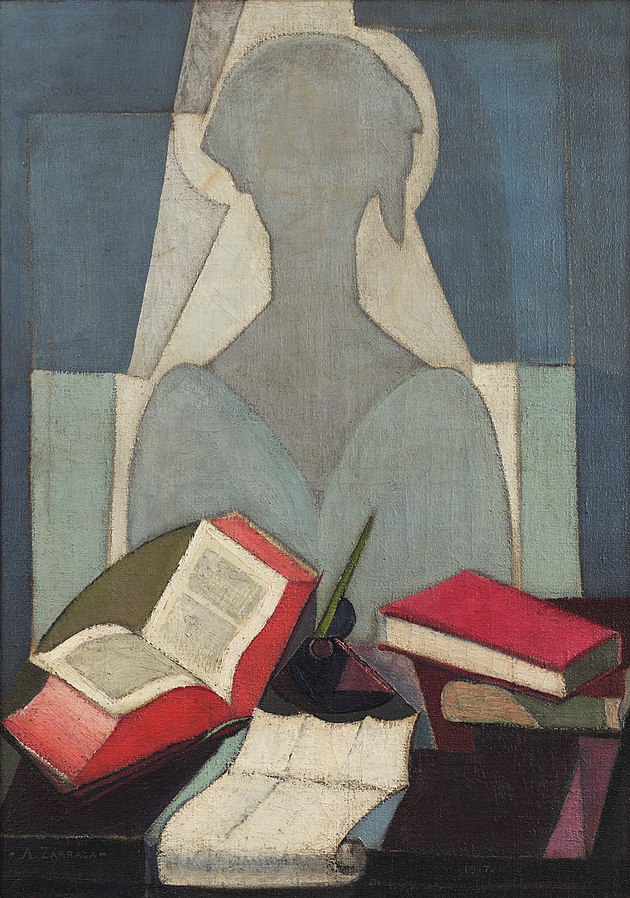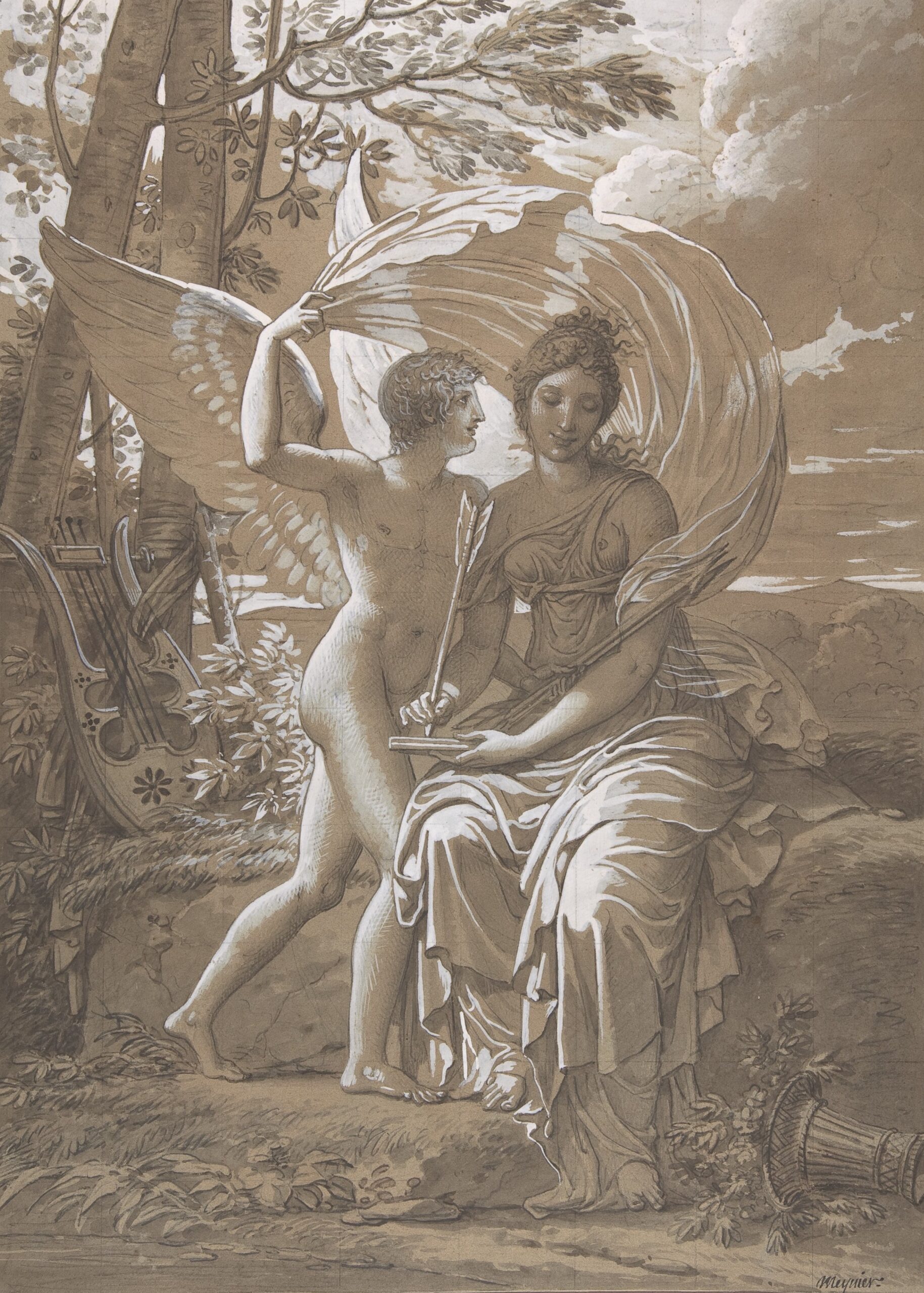1.
I don’t know what a rose smells like, though when I hold my nose to a full-blown bloom and inhale deeply, I sense a vague sweetness.
I don’t know what my husband’s shirt smells like. If he died, I wouldn’t think to sleep in it so I could feel that he was with me.
I don’t know what a baby’s head smells like—not my babies, not anyone else’s babies. I couldn’t pick my babies out of a crowd with my eyes closed, and I don’t miss that baby smell when I hug my growing children.
I don’t know the smell of feet, chalk, lilacs, gardenias, sour milk, rain, new cars, Chanel No. 5, Old Spice, greasepaint, or napalm.
I don’t know what old books smell like. I don’t know what new books smell like either.
2.
I learned smells from books, which made me think they were fictional. I believed that Wilbur’s barn smelled of hay, manure, the perspiration of tired horses, and the sweet breath of patient cows, and that the salty brown smell of frying ham made Almanzo even hungrier. But when real people said That stinks, or I can smell the sea from here, or I can’t stand the smell of cilantro, I thought they were faking. I assumed that, like me, they knew from books that there were smells and things were supposed to have them. Unlike me, I decided, they were willing to pretend those smells existed beyond the page. As I try to write out this logic, it seems tortuous, but it wasn’t something I ever questioned; it was something I knew. I could not smell the things I read in books, so it was impossible that anyone else could, which meant they must be making it up.
I realized I was wrong when I had children. Too young to read or fake it, they smelled poop and thought it was yucky, vanilla and thought it was sweet, dinner cooking and couldn’t wait to eat. As they gained words for odors, I finally lost the sense of smell I never knew I should have had.
Poop became my leitmotif. I lived in fear that my babies would have dirty diapers and everyone would know but me. Dozens of times a day, I weighed their saggy bottoms in my hand, peered down the backs of their pants or up the leg holes of their onesies, using replacement senses I never quite trusted for the seriousness of the task at hand.
Now weed has replaced poop in my parental anxiety of smell. Is it called skunk because that’s what it smells like? I wouldn’t know. My children could come home reeking of it, and I still wouldn’t know.
3.
I only discovered the word for people like me a few years ago. We are anosmic; we have anosmia: lack of the sense of smell.
Sometimes anosmia is defined as loss of the sense of smell. When people lose their sense of smell, they wax irate and nostalgic. They write articles in the New York Times about the tragedy and danger of not being able to smell burnt toast and how their friends don’t understand. They write books about traveling the world, searching for smell. They almost always regain what they have lost, because that is the nature of narratives of loss: you lose, you suffer, you recover.
Then there are those of us who never had what we’ve supposedly lost.
Our friends don’t understand us either. What do you mean you can’t smell? they ask.
I can smell, I say. A bit. I smell frying onions, garlic, pine forests, and cigarettes. But not new-mown grass. I only know the grass has been mown when I see the drifts of clippings. And I can’t smell all the things you say you smell, the nuances and differences, the specifics. I can smell citrus, but not orange, lemon, lime, pink grapefruit. I can smell too much perfume, but not whether it is Chanel No. 5 or Justin Bieber’s Girlfriend. I can smell bad, but I can’t say what’s making it bad. Sometimes you screw up your face and cover your nose, and I smell nothing.
How can you taste, they ask, if you can’t smell?
I can taste. I taste delicious and disgusting, how dark the chocolate is, the difference between dark and milk, bad shrimp, lemon, the sting of salt and vinegar potato chips, the vicissitudes of oysters from different waters. I can’t taste rosemary, thyme, oregano, the dreaded and beloved cilantro, or the difference between organic and what you buy at the corner store. I can’t identify what creates a taste. You will never hear me say, Was this grilled over mesquite? or Did you use Lipton Onion Soup?
I have a friend who is a gourmet. He reads the descriptions on wine lists and chooses dark cherries, cedar, and pipe tobacco over earth, pepper, and spice. I read the descriptions on wine lists and think they sound like poetry. My friend had an operation on his ear and when he awoke, he could not smell. He could taste, he said, but everything tasted muted. That’s it, I said, that’s my life. I smell, I taste, but the books, the menus, the reports from the world of smell and taste make it clear that my spectrum is limited, that everyone else has access to realms I cannot fathom.
My friend recovered from his operation and reentered the world of the odorously-abled. I make my older daughter sniff my younger daughter to see if she needs a bath.
4.
When I was a child, reading a book a day, I wondered if the entire world was a big complicated book – a novel, Dickensian perhaps – being read by a giant. What if what we thought we were living was just what he was reading?
In fact, the world has always seemed something like a book to me, a sphere – or rectangular prism – in which I am immersed, but to which I never quite fully belong. Oh, I jump at sudden noises and cry when I bump my head. I have dear friends and terrible conflicts. I marvel at the miraculous perfection of my children and rage at injustice. And yet, I do not feel my children’s pain; if they need to be held down for a shot, I hold them. I rarely cry at funerals. I am good in a crisis, able to see what needs to be done and then to do it, regardless of material or emotional chaos. I am a fearless editor, of others and myself: I kill darlings with impunity, hewing certainty and nuance out of tentative verbiage, without sentimentality or regret. Pain and crisis, but also triumph and celebration: it never feels quite real to me, or perhaps it feels only as real as my books.
I wonder, sometimes, if this sense of distance, of the unreality of the real, has to do with anosmia. Unable to smell danger (sour milk, gas, cyanide) or comfort (chicken soup, home, the people I love), am I missing a fundamental tether that holds other people to the world? Are my memories lesser for lack of olfactory reminders? Does the diminution of my fifth sense altogether diminish my ability to engage with the sensory realm?
Or are the books the problem? Has my life of reading distanced me, the incessantly multiplying worlds of words turning the actual into just another iteration? Does the side-by-side existence within my head of the characters I’ve read about and the characters I know keep them all a step away? Have the pungent smells of the literary created my lack?
When I move through the world alone, I see, hear, feel, taste. If I don’t smell, I don’t know it.
But if I read alone, I know it.
Image Credit: Pexels/Suzy Hazelwood.


